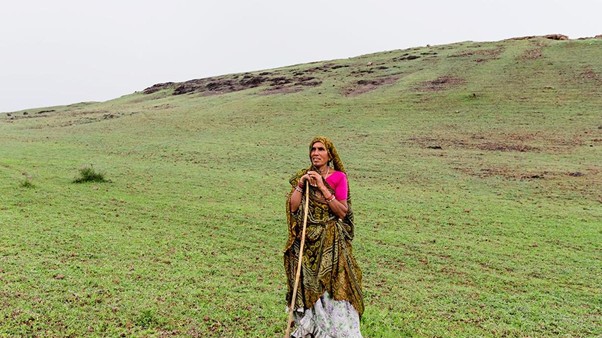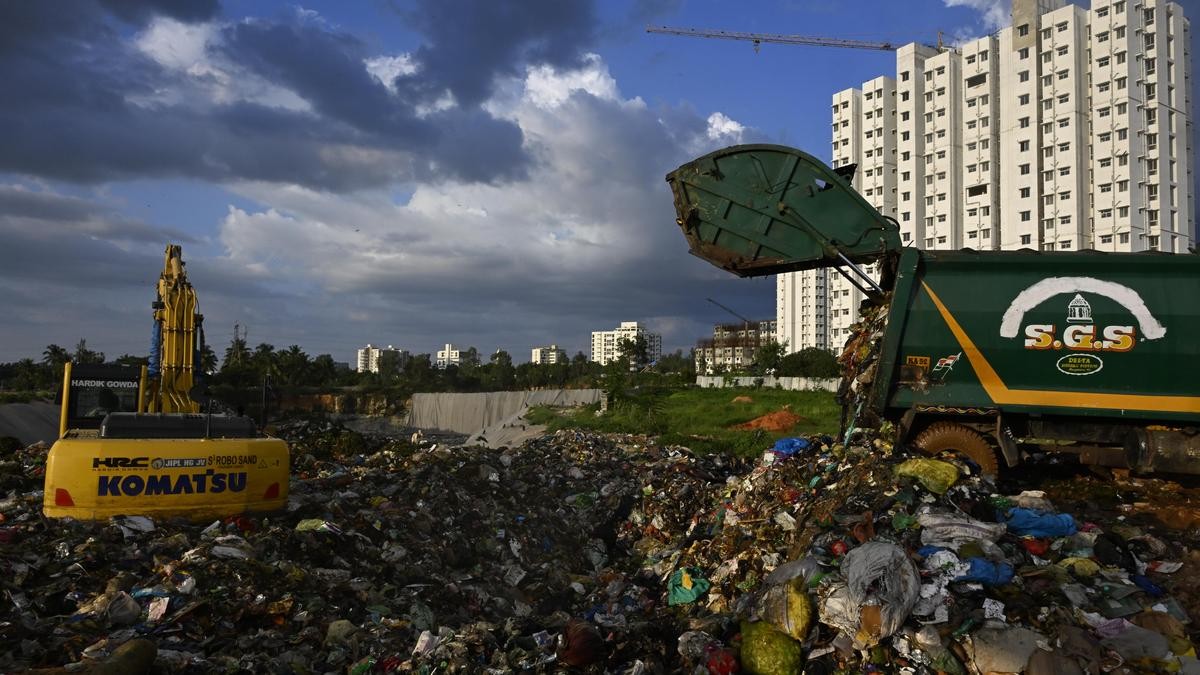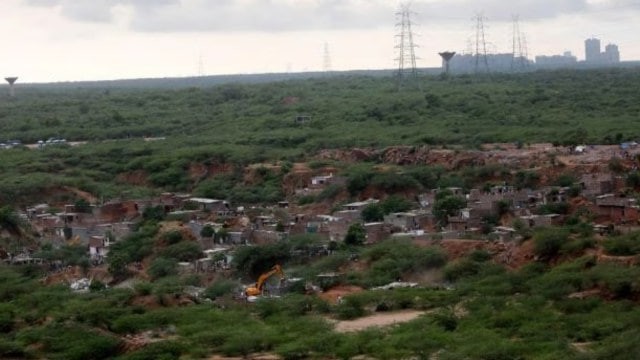




Disclaimer: Copyright infringement not intended.
The report, the first of its kind looking at the interconnections between multiple crises, has been produced by the Intergovernmental Science-Policy Platform on Biodiversity and Ecosystem Services (IPBES).
|
Report Name |
IPBES Assessment Report on the Interlinkages Among Biodiversity, Water, Food and Health (Nexus Report). |
|
Core Focus Areas |
Interlinkages among biodiversity, water, food, health, and climate change. |
|
Key Finding 1 |
Biodiversity, water, food, and climate are interdependent; addressing them in isolation is ineffective. |
|
Key Finding 2 |
Current governance is inconsistent; indirect drivers (e.g., overconsumption, population growth) intensify direct pressures (e.g., land-use change, pollution). |
|
Economic Impact |
Over 50% of global GDP depends on nature; unaccounted economic impacts amount to USD 10-25 trillion annually. |
|
Delaying Action |
Increases costs (e.g., delayed biodiversity actions could double expenses; climate delay adds USD 500 billion/year). |
|
Response Options |
Over 70 solutions across 10 categories; 24 advance five or more SDGs and targets under the Kunming-Montreal Global Biodiversity Framework. |
|
Inclusive Decision-Making |
Inclusion of Indigenous Peoples and local communities improves equity and effectiveness of responses. |
|
Future Scenarios |
"Business as usual" leads to poor outcomes for biodiversity, water, health, and climate; integrated approaches achieve SDGs and Paris Agreement goals. |
|
Governance Recommendations |
Eight-step roadmap for policymakers to identify shared values and implement just, sustainable solutions. |
|
Economic Actions Suggested |
Reform harmful subsidies (USD 1.7 trillion/year), integrate biodiversity finance, and reduce private incentives for nature-damaging activities (USD 5.3 trillion/year). |
|
Key Contributors |
UNEP-WCMC experts Samantha Hill, James Vause, and Sebastian Dunnett authored chapters on response options and economic considerations. |
|
Impacted Groups |
Developing countries, small island states, Indigenous Peoples, vulnerable communities in higher-income nations. |
|
Global Context |
Supports SDGs, Kunming-Montreal Global Biodiversity Framework, and Paris Agreement. |
|
Call to Action |
Use findings to inform policies and integrated solutions at all levels of governance. |
It is an independent intergovernmental body established in 2012.
It provides policymakers with objective scientific assessments of the state of knowledge about the planet's biodiversity, ecosystems, and the benefits they provide to humans, as well as the tools and methods to protect and sustainably use these vital natural assets.
This independent body was inspired by the Intergovernmental Panel on Climate Change (IPCC) and the Millennium Ecosystem Assessment.
It is not a body of the United Nations. However, at the request of the IPBES Plenary and with the approval of the UNEP Governing Council in 2013, the IPBES Secretariat is provided by the United Nations Environment Program (UNEP). India is a member country of this organization. Organization structure
Plenary session: The IPBES governing body – composed of representatives of the IPBES member states – usually meets once a year.
Observers: Any State not already a member of IPBES; Convention on Biological Diversity (CBD) and other biodiversity-related conventions; relevant UN bodies; as well as many other relevant organizations and agencies.
Bureau: Consists of the IPBES Chairman, four Vice-Chairmen, and five other officers who oversee the administrative functions of IPBES.
Multidisciplinary Expert Panel (MEP): Five expert participants from each of the five UN regions who oversee all scientific and technical functions of IPBES.
Stakeholders: All contributors and end users of IPBES outputs.
Expert groups and working groups: Selected scientists and knowledge holders conducting the IPBES evaluation and other outputs.
Secretariat (includes technical support units): Ensures the effective functioning of IPBES through support for the Plenary, Bureau, and Members of the European Parliament, as well as the implementation of the working and administrative functions of the platform.
Source:
|
PRACTICE QUESTION Q.With over 50% of global GDP dependent on nature and unaccounted economic impacts estimated at $10-25 trillion annually, discuss the significance of integrating biodiversity considerations into economic policies. Suggest measures to address the financial and governance challenges. (250 words) |







© 2025 iasgyan. All right reserved